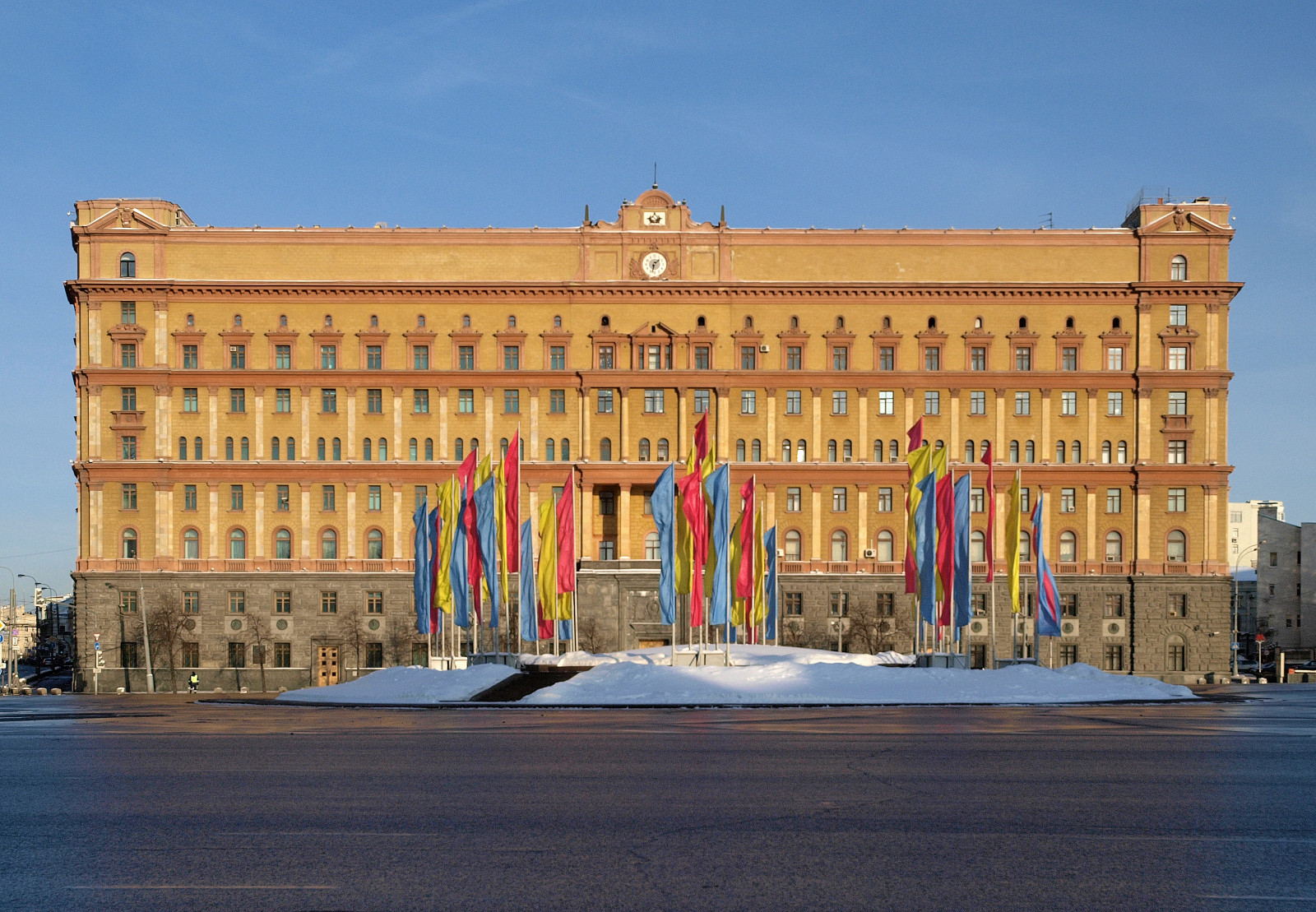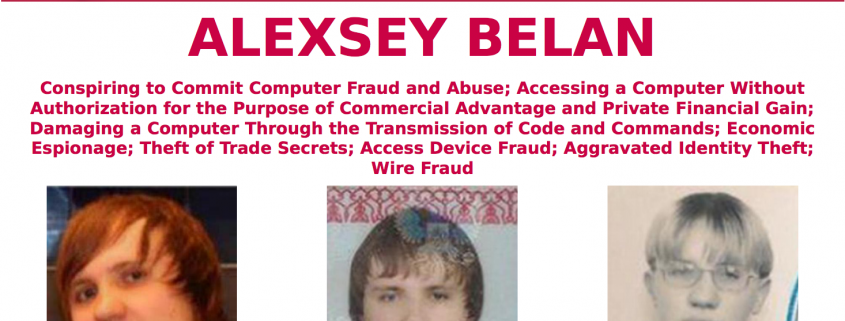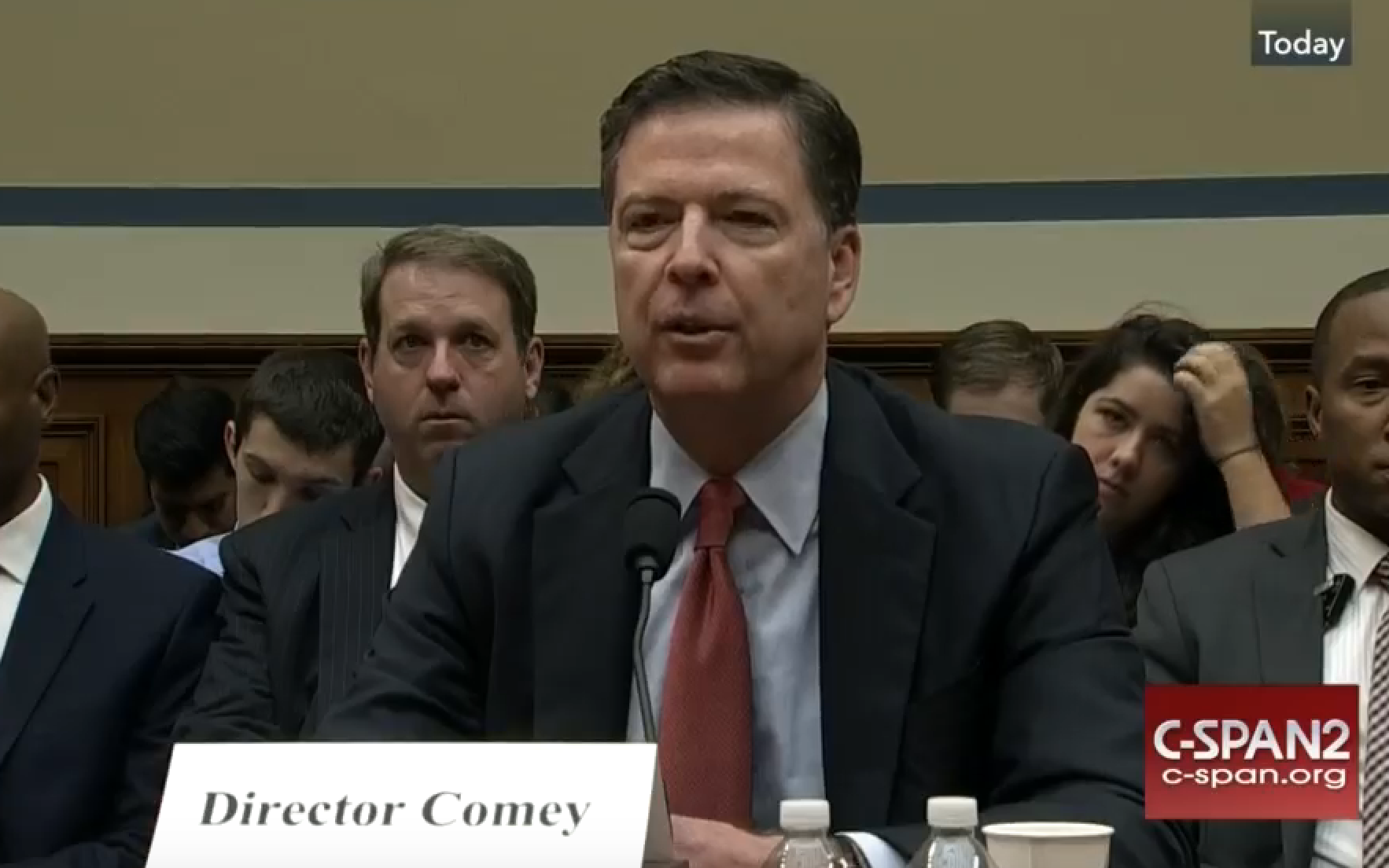When a White Republican Gets Spied On, Privacy Suddenly Matters
As expected, much of today’s hearing on the Russian hack consisted of members of Congress — from both parties — posturing for the camera.
At first, it seemed that the Republican line of posturing — complaining about the leak that exposed Mike Flynn’s conversations with Ambassador Sergey Kislyak — tracked Donald Trump’s preferred approach, to turn this into a witch hunt for the leakers.
But it was actually more subtle than that. It appears Republicans believe the leaks about Flynn have (finally) made Congress skittish about incidental collection of US person communications as part of FISA collection. And so both Tom Rooney and Trey Gowdy spent much of their early hearing slots discussing how much more difficult the leak of Flynn’s name will make Section 702 reauthorization later this year. In the process, they should have created new fears about how painfully ignorant the people supposedly overseeing FISA are.
Rooney, who heads the subcommittee with oversight over NSA, started by quizzing Mike Rogers about the process by which a masked US person identity can be disclosed. Along the way, it became clear Rooney was talking about Section 702 reauthorization even while he was talking traditional FISA collection, which doesn’t lapse this year.
Rooney: If what we’re talking about is a serious crime, as has been alleged, in your opinion would leaking of a US person who has been unmasked and disseminated by intelligence community officials, would that leaking hurt or help our ability to conduct national security.
Rogers: Hurt.
Rooney: Ok, if it hurts, this leak, which through the 702 tool, which we all agree is vital–or you and I at least agree to that–do you think that that leak actually threatens our national security. If it’s a crime, and if it unmasks a US person, and this tool is so important it could potentially jeopardize this tool when we have to try to reauthorize it in a few months, if this is used against our ability to reauthorize this tool, and we can’t get it done because whoever did this leak, or these nine people that did this leak, create such a stir, whether it be in our legislative process or whatever, that they don’t feel confident a US person, under the 702 program, can be masked, successfully, and not leaked to the press, doesn’t that hurt–that leak–hurt our national security.
Eventually Admiral Rogers broke in to explain to his congressional overseer very basic facts about surveillance, including that Flynn was not and could not have been surveilled under Section 702.
Rogers: FISA collection on targets in the United States has nothing to do with 702, I just want to make sure we’re not confusing the two things here. 702 is collection overseas against non US persons.
Rooney: Right. And what we’re talking about here is incidentally, if a US person is talking to a foreign person that we’re listening to whether or not that person is unmasked.
Nevertheless, Rooney made it very clear he’s very concerned about how much harder the Flynn leak will make it for people like him to convince colleagues to reauthorize Section 702, which is even more of a privacy concern than traditional FISA.
Rooney: But it’s really going to hurt the people on this committee and you in the intelligence community when we try to retain this tool this year and try to convince some of our colleagues that this is really important for national security when somebody in the intelligence community says, you know what the hell with it, I’m gonna release this person’s name, because I’m gonna get something out of it. We’re all gonna be hurt by that. If we can’t reauthorize this tool. Do you agree with that?
A little later, Trey Gowdy got his second chance to complain about the leak. Referencing Rogers’ earlier explanation that only 20 people at NSA can unmask a US person identity, Gowdy tried to figure out how many at FBI could, arguing (this is stunning idiocy here) that by finding a finite number of FBI officials who could unmask US person identities might help assuage concerns about potential leaks of US persons caught in FISA surveillance.
Comey: I don’t know for sure as I sit here. Surely more, given the nature of the FBI’s work. We come into contact with US persons a whole lot more than the NSA does because we may be conducting — we only conduct our operations in the United States to collect electronic surveillance. I can find out the exact number. I don’t know it as I sit here.
Gowdy: I think Director Comey given the fact that you and I agree that this is critical, vital, indispensable. A similar program is coming up for reauthorization this fall with a pretty strong head wind right now, it would be nice to know the universe of people who have the power to unmask a US citizen’s name. Cause that might provide something of a road map to investigate who might have actually disseminated a masked US citizen’s name.
Here’s why this line of questioning from Gowdy is unbelievably idiotic. Both for traditional FISA, like the intercept targeting Kislyak that caught Flynn, and for Section 702, masking and unmasking identities at FBI is not the concern. That’s because the content from both authorities rests in FBI’s databases, and anyone cleared for FISA can access the raw data. And those FBI Agents not cleared for FISA can and are encouraged just to ask a buddy who is cleared to do it.
In other words, every Agent at FBI has relatively easy way to access the content on Flynn, so long as she can invent a foreign intelligence or criminal purpose reason to do so.
Which is probably why Comey tried to pitch something he called “culture” as adequate protection, rather than the very large number of FBI Agents who are cleared into FISA.
Comey: The number is … relevant. What I hope the US–the American people will realize is the number’s important but the culture behind it is in fact more important. The training, the rigor, the discipline. We are obsessive about FISA in the FBI for reasons I hope make sense to this committee. But we are, everything that’s FISA has to be labeled in such a way to warn people this is FISA, we treat this in a special way. So we can get you the number but I want to assure you the culture in the FBI and the NSA around how we treat US person information is obsessive, and I mean that in a good way.
So then Gowdy asks Comey something he really has a responsibility to know: what other agencies have Standard Minimization Procedures. (The answer, at least as the public record stands, is NSA, CIA, FBI, and NCTC have standard minimization procedures, with Main Justice using FBI’s SMPs.)
Gowdy: Director Comey I am not arguing with you and I agree the culture is important, but if there are 100 people who have the ability to unmask and the knowledge of a previously masked name, then that’s 100 different potential sources of investigation. And the smaller the number is, the easier your investigation is. So the number is relevant. I can see the culture is relevant. NSA, FBI, what other US government agencies have the authority to unmask a US citizen’s name?
Comey: Well I think all agencies that collect information pursuant to FISA have what are called standard minimization procedures which are approved by the FISA court that govern how they will treat US person information. So I know the NSA does, I know the CIA does, obviously the FBI does, I don’t know for sure beyond that.
Gowdy: How about Main Justice?
Comey: Main Justice I think does have standard minimization procedures.
Gowdy: Alright, so that’s four. NSA, FBI, CIA, Main Justice. Does the White House has the authority to unmask a US citizen’s name?
Comey: I think other elements of the government that are consumers of our can ask the collectors to unmask. The unmasking resides with those who collected the information. And so if Mike Rogers’ folks collected something, and they send it to me in a report and it says it’s US person #1 and it’s important for the FBI to know who that is, our request will go back to them. The White House can make similar requests of the FBI or NSA but they don’t on their own collect, so they can’t on their own unmask.
That series of answers didn’t satisfy Gowdy, because from his perspective, if Comey isn’t able to investigate and find a head for the leak of Flynn’s conversation with Kislyak — well, I don’t know what he thinks but he’s sure an investigation, possibly even the prosecution of journalists, is the answer.
Gowdy: I guess what I’m getting at Director Comey, you say it’s vital, you say it’s critical, you say that it’s indispensable, we both know it’s a threat to the reauthorization of 702 later on this fall and oh by the way it’s also a felony punishable by up to 10 years. So how would you begin your investigation, assuming for the sake of argument that a US citizen’s name appeared in the Washington Post and the NY Times unlawfully. Where would you begin that investigation?
This whole series of questions frankly mystifies me. I mean, these two men who ostensibly provide oversight of FISA clearly didn’t understand what the biggest risk to privacy is –back door searches of US person content — which at the FBI doesn’t even require any evidence of wrong-doing. That is the biggest impediment to reauthorizing FISA.
And testimony about the intricacies of unmasking a US person identity — particularly when a discussion of traditional FISA serves as stand-in for Section 702 — does nothing more than expose that the men who supposedly oversee FISA closely have no fucking clue — and I mean really, not a single fucking clue — how it works. Devin Nunes, too, has already expressed confusion on how access to incidentally collected US person content works.
Does anyone in the House Intelligence Committee understand how FISA works? Bueller?
In retrospect, I’m really puzzled by what is so damning about the Flynn leak to them. I mean, don’t get me wrong, I’m very sympathetic to the complaint that the contents of the intercepts did get leaked. If you’re not, you should be. Imagine how you’d feel if a Muslim kid got branded as a terrorist because he had a non-criminal discussion with someone like Anwar al-Awlaki? (Of course, in actual fact what happened is the Muslim kids who had non-criminal discussions with Awlaki had FBI informants thrown at them until they pressed a button and got busted for terrorism, but whatever.)
But Rooney and Gowdy and maybe even Nunes seemed worried that their colleagues in the House have seen someone like them — not a young Muslim, but instead a conservative white man — caught up in FISA, which has suddenly made them realize that they too have conversations all the time that likely get caught up in FISA?
Or are they worried that the public discussion of FISA will expose them for what they are, utterly negligent overseers, who don’t understand how invasive of privacy FISA currently is?
If it’s the latter, their efforts to assuage concerns should only serve to heighten those concerns. These men know so little about FISA they don’t even understand what questions to ask.
In any case, after today’s hearing I am beginning to suspect the IC doesn’t like to have public hearings not because someone like me will learn something, but because we’ll see how painfully little most of the so-called overseers have learned in all the private briefings the IC has given them. If these men don’t understand the full implications of incidental collection, two months after details of Flynn’s conversations have been leaked, then it seems likely they’ve been intentionally mis or underinformed.
Or perhaps they’re just not so bright.












